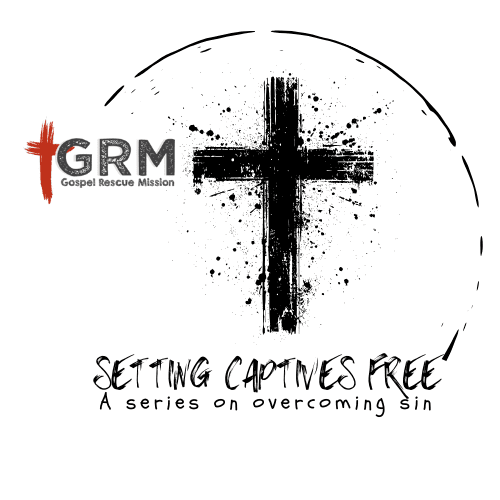Training Church Members to Help People Out of Sinful Lifestyles
The church has a vital role in guiding its members to help others overcome sinful lifestyles. This mission is deeply rooted in scripture and history, demonstrating the transformative power of faith and community. Here’s a comprehensive approach to training church members for this important task.
Understanding Sin and Redemption
Romans 3:23: “For all have sinned and fall short of the glory of God.”
1 John 1:9: “If we confess our sins, He is faithful and just to forgive us our sins and to cleanse us from all unrighteousness.”
Understanding the nature of sin and the promise of redemption is crucial. Church members must recognize that everyone struggles with sin and that redemption is available through Jesus Christ. This foundational knowledge fosters empathy and a non-judgmental attitude.
Historical Examples of Transformation
Early Church:
Apostle Paul: Once a persecutor of Christians, Paul’s transformation is a powerful example. His encounter with Jesus on the road to Damascus (Acts 9) led to a complete change in his life and mission. Paul’s story teaches that no one is beyond the reach of God’s grace.
Modern Examples:
John Newton: The author of “Amazing Grace,” Newton was a former slave trader who experienced a profound conversion. His life story is a testament to the power of God’s grace to transform even the most hardened hearts.
Training Programs and Workshops:

Biblical Counseling Training: Equip members with biblical counseling skills. This includes understanding how to use scripture to address various issues and provide spiritual guidance.
Accountability Groups: Establish small groups where members can share their struggles and victories. These groups provide support, encouragement, and accountability, fostering a sense of community and shared purpose.
Workshops on Specific Issues: Conduct workshops on overcoming specific sins such as addiction, anger, or dishonesty. These workshops should include testimonies, practical advice, and scriptural teachings.
Practical Steps for Helping Others
Building Relationships: Encourage members to build genuine relationships with those they are helping. Trust and respect are essential for effective ministry.
Active Listening: Train members in active listening skills. This involves listening without judgment, showing empathy, and understanding the person’s perspective.
Prayer and Spiritual Support: Emphasize the importance of prayer. Members should pray for those they are helping and encourage them to develop their own prayer life.
Scriptural Guidance: Teach members how to use scripture to provide guidance and encouragement. Verses like Philippians 4:13 (“I can do all things through Christ who strengthens me”) can be powerful tools in helping others overcome sin.
Collaborating with Other Churches and Organizations
Community Outreach: Partner with other churches and organizations to reach a broader audience. Collaborative efforts can provide more resources and support for those in need.
Shared Resources: Share resources such as counseling services, addiction recovery programs, and educational materials. This collaboration can enhance the effectiveness of each church’s ministry.
Incorporating Scripture into Daily Life
Daily Devotions: Encourage members to have daily devotions that include reading scripture, prayer, and reflection. This practice helps individuals stay connected to God and strengthens their resolve to live a righteous life.
Scripture Memorization: Promote the memorization of key scriptures that address common struggles. Verses like 1 Corinthians 10:13 (“No temptation has overtaken you except what is common to mankind. And God is faithful; he will not let you be tempted beyond what you can bear”) can provide strength in times of temptation.
Providing Hope and Encouragement
Testimonies: Share testimonies of individuals who have overcome sinful lifestyles. These stories can inspire and motivate others to believe that change is possible.
Celebrating Victories: Celebrate the victories, no matter how small. Recognizing progress can boost morale and encourage continued effort.
Regular Training Sessions: Offer regular training sessions to keep members equipped and motivated. These sessions can cover new topics, provide refreshers on key concepts, and offer opportunities for members to share their experiences.
Mentorship Programs: Establish mentorship programs where experienced members can guide and support those who are newer to the ministry. Mentorship provides a personal touch and helps build strong, supportive relationships.
Conclusion
Training church members to help others out of sinful lifestyles is a multifaceted approach that combines scriptural teachings, historical examples, practical training, and community support. By equipping members with the knowledge, skills, and resources they need, the church can create a powerful force for transformation and redemption in the lives of individuals and the broader community. This mission aligns with the core teachings of Christianity and reflects the love and grace of Jesus Christ.


